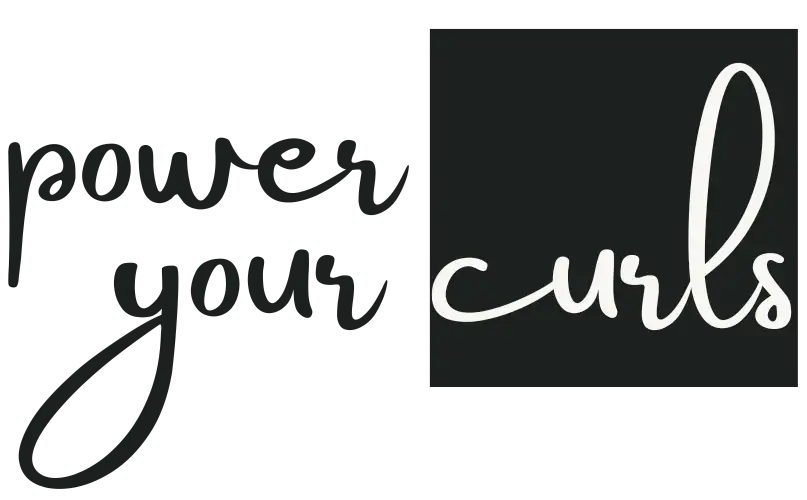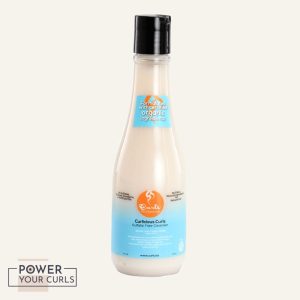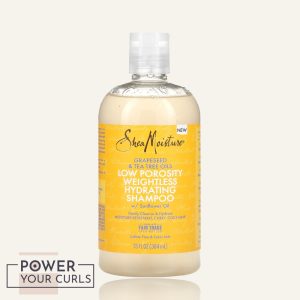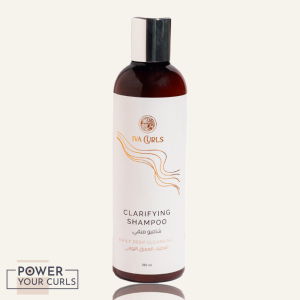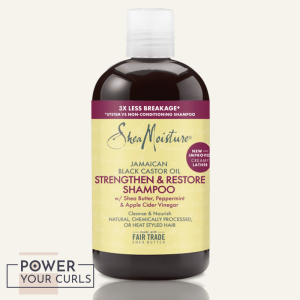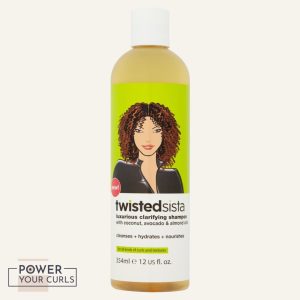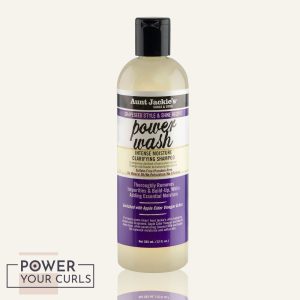Hard water is the biggest daily culprit behind dry, brittle, lifeless hair that is prone to breakage and doesn’t hold styles well. While it may seem harmless coming out of your shower head, the high mineral content in hard water can wreak havoc on your precious locks over time.
What is hard water?
Hard water is water that contains high levels of dissolved minerals like calcium, magnesium, and iron. These minerals leave behind residue that coats each strand of your hair like plaster. The buildup prevents moisture from being absorbed and makes hair feel rough, tangly, and about as soft as straw.
Just imagine trying to quench your thirst by drinking from the same glass over and over without rinsing it out. That’s essentially what happens to your hair when you don’t do something to remove hard water buildup. Can you see why it quickly becomes a big hairy situation?
why is color-treated hair especially prone to damage from hard water?
If you’re someone who colors their hair, hard water poses even more problems. Those very same mineral deposits prevent hair dye from fully depositing into the hair strand. Instead of vibrant, multi-dimensional color, you’re left with dull, faded locks within weeks. Blondes, in particular, suffer from unwanted brassy, orangey tones when hard water oxidizes the hair color molecules.
The reason your color-treated hair appears so lackluster is because the minerals are clogging up the hair cuticle. Think of the hair cuticle as a layer of tiny shingles that protect the inner hair structure. When hard water residue forces those shingles open, it prevents moisture from entering the hair strand.
This is why no amount of conditioner or hair mask seems to make a difference – the good stuff can’t actually penetrate the hair. The result is hair that feels rough, tangly, and about as soft as straw no matter how much you pile on the product. It’s incredibly frustrating when you’ve shelled out big bucks for quality hair care.
hard water affects your Scalp too
As if the damage to your actual hair strands wasn’t enough, hard water can also lead to a variety of scalp issues. By depleting your scalp’s natural oils and protective barrier, hard water leaves you vulnerable to dryness, itchiness, irritation, and inflammation.
Those with conditions like dandruff, seborrheic dermatitis, and psoriasis are especially prone to flare-ups when hard water enters the picture.
hard water messes with your hair styling
Have you ever noticed how it seems impossible to fully rinse out all of your hair products, leaving you with a gunky residue? Or how does your usually voluminous blowout fall flat and lank by day two? Yep, you can thank hard water for those styling woes.
The mineral deposits roughen up the hair cuticle, causing products to adhere to the hair shaft tenaciously. Without a smooth cuticle, your strands can’t properly grip and hold a style. Over time, all that gunky product buildup weighs your hair down and gives it the dreaded pyramid shape.
How to Rescue your Hair and scalp from Hard Water?
I get how demoralizing it can feel when you’ve tried every shampoo, conditioner, and mask under the sun but your hair still looks unbearably dry and damaged. That’s because you need to tackle the hard water problem at the source using some targeted treatments and preventative measures.
1. use clarifying shampoos regularly
The first line of defense is using a chelating or clarifying shampoo once or twice a week. Look for ones that contain ingredients like EDTA that bind to minerals and allow them to be rinsed away.
-
Curlicious Curls Sulfate Free Cleanser
AED 77.00 -
Grapeseed and Tea Tree Oils Low Porosity Weightless Hydrating Shampoo
AED 92.10 -
Iva Curls Clarifying Shampoo
AED 23.75 – AED 47.50 -
Jamaican Black Castor Oil Strengthen & Restore Shampoo
AED 40.00 -
Luxurious Clarifying Shampoo
AED 40.00 -
Power Wash Intense Moisture Clarifying Shampoo
AED 44.95
2. use a shower filter
Another game-changing product is a shower filter that removes minerals before the water ever hits your hair. There are inexpensive options you can easily install on your existing shower head, like the Berkey Filter or Sprite Shower Filter. In my opinion, it’s well worth the small investment to protect your hair.
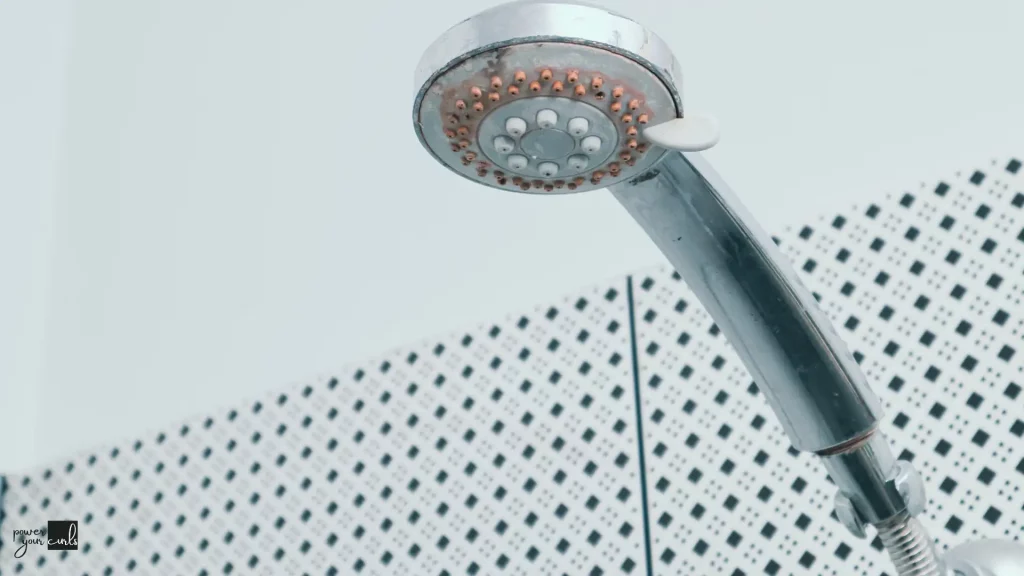
3. Deep Condition Regularly
Once you’ve decalcified your hair, the next crucial step is replenishing the lost moisture and protein with a super nourishing deep conditioning treatment. Look for ingredients like keratin, ceramides, and fatty alcohols that can penetrate the cuticle and repair damage from the inside out.
I personally love the entire Aunt Jackie’s Curls & Coils Coco Repair Coconut Creme Deep Conditioner for dry, over-porous hair. Whatever you use, make sure to leave it on for at least 10-15 minutes with a little heat from a cap or steamer to really let it soak in.
4. Adopt these Lifestyle Changes
One important lifestyle change is to rinse your hair with cool water rather than hot. Heat actually causes the cuticle to open up and allow more mineral absorption. A cool rinse seals everything down tight.
Another pro tip is to avoid washing your hair every single day if possible. The more you can stretch between washes, the less you’re exposing your hair to hard water. On those off days, I like to put my hair up in a shower cap or clip to keep it completely dry and prevent any unnecessary wetting.
5. Avail Salon Services to Undo Damage
If your hair has already sustained significant damage from hard water mineral buildup over the years, you may need to call in professional reinforcement. Speak to your stylist about getting periodic clarifying treatments done in the salon. These powerful chelating treatments use specially formulated products to remove even the most stubborn residue.
For extremely parched, over-porous hair, keratin smoothing treatments like Brazilian Blowouts can be true life savers. The liquid keratin is able to fill in those roughed-up areas of the cuticle and restore much-needed protein and moisture.
6. Invest in a water softener system- The long-term solution
While tips like using chelating shampoos, apple cider vinegar rinses, and shower filters can help, the most comprehensive solution for hard water hair woes is installing a whole-home water softener system. These systems actually remove the mineral ions from the water through an ion exchange process before the water ever reaches your showerhead.
If you’re serious about protecting your hair from hard water damage long-term, look into reputable water softener brands like Culligan, Pelican, and EcoPure. While the upfront investment can be pricey, you’ll likely make up for it over time by extending the life of your appliances and fixtures, saving on hair care products and treatments, and just generally having softer skin and hair. In my book, those benefits are priceless.
Living with hard water is certainly an uphill battle when it comes to hair care, but knowing the right preventative measures and remedies can go a long way. With a few simple additions to your routine, you can absolutely have soft, shiny, manageable hair despite those pesky minerals. So grab that shower filter and start chelating – your hair will thank you!
